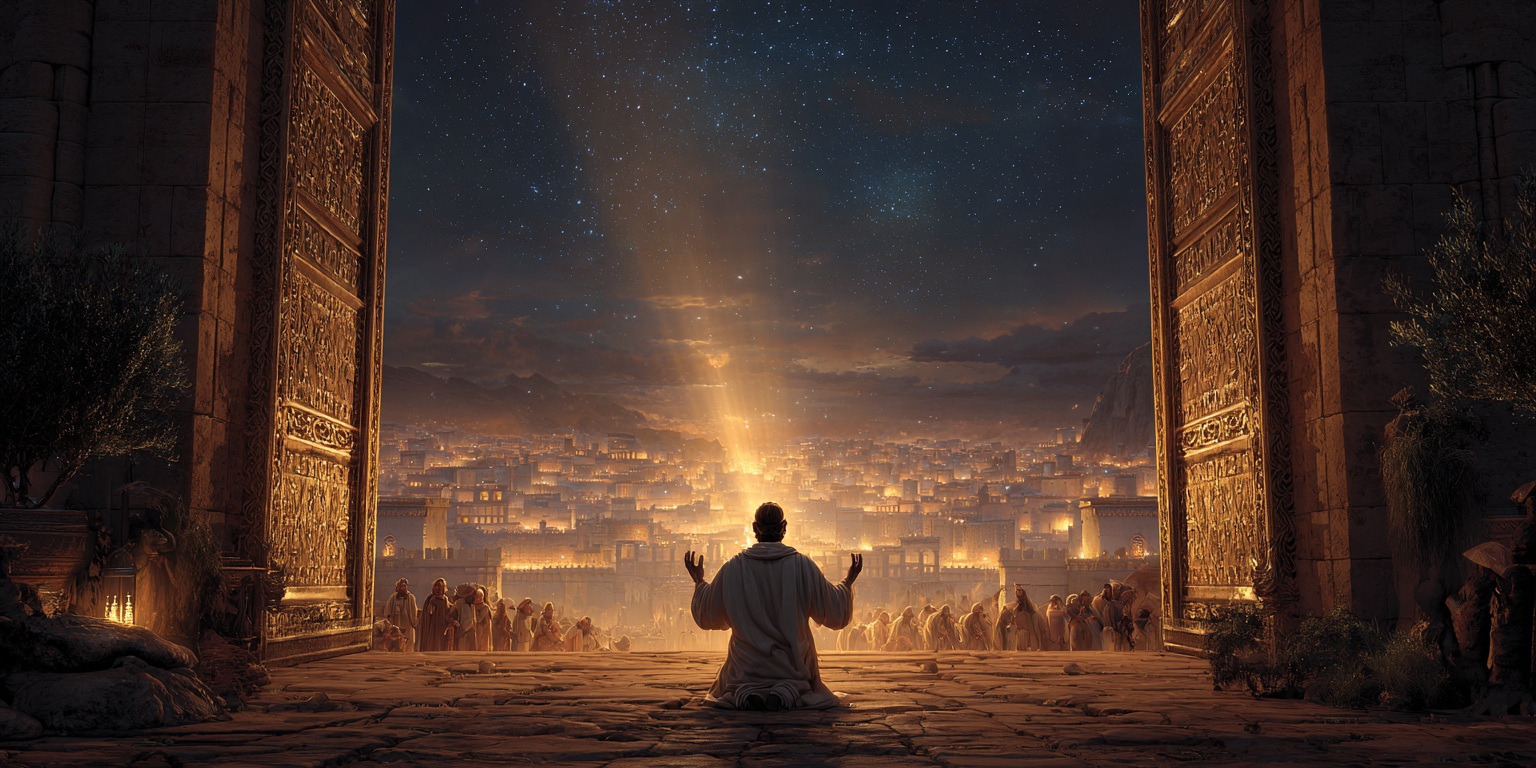

You will show me the path of life; in Your presence is fullness of joy; at Your right hand are pleasures forevermore. Psalm 16:11
Dear People Who Keep Company with God,
King David, with great boldness, declared that God would reveal to him - and prophetically to us - the path of life, a promise fulfilled in Jesus Christ. As a twelve-year-old, Jesus showed us the path that shaped His life. He said, "Did you not see and know that it is necessary [as a duty] for Me to be in My Father's house and [occupied] about My Father's business?" (Luke 2:49 AMPC). Jesus invites us to join Him on the same path.
Having walked this path, albeit with imperfections, for a considerable time, I can confidently attest that it is the most enriching way to live. It is not always a smooth ride or about self- fulfillment, but it is a path that leaves us with fewer regrets and more joy. Essentially, a life devoted to nurturing relationships and selfless service ushers us into His Presence and fills our hearts with a profound sense of fulfillment and joy.
The Greek translation of Jesus'; words reads, “I must be in, or among, the things that belong to my Father.“ The phrase "the things of my Father" emphasizes that He serves in the Kingdom of God and highlights that He was in a close-knit family. As the Apostle Paul later explained, the grand design was for us to be citizens of God's Kingdom and cherished as members of His family (Ephesians 2:19-22).
One of the most precious gifts from our Heavenly Father is the beautiful experience of being warmly welcomed into His family (Ephesians 1:5). In the same way that adoptive parents choose and embrace a child, we too are personally selected by our Father and joyously brought into His close-knit family circle. This divine adoption comes with incredible privileges and rights, making us true heirs of God and sharing in the inheritance with Christ (Romans 8:16-17).
Through our faith in Christ, we become part of God's family, His cherished sons and daughters, enjoying the rich blessings and glory that come with our spiritual birthright (1 Corinthians 2:9).
At the heart of our spiritual journey is establishing a deep connection with the Father and recognizing our identity as His beloved children. We are not just called to be passive observers but to play an active and significant role in His Kingdom’s mission. Following the example of Jesus, who entered this world as a beloved Son and a humble servant, we bear witness to God's love for all humanity (John 13:13-17). This service is not a heavy burden but a joy and fulfillment that brings us closer to understanding the heart of the Father and His mission. It is a privilege we are blessed to partake in. Your role in God's mission is not just important; it is crucial and significant, an integral part of His divine plan.
Accolades or material wealth do not bring us true fulfillment and success. Instead, it is the depth of our connection with our heavenly Father and our steadfast commitment to serve those He brings into our lives. The path of life leads to a walk-in sync with God’s family and Kingdom mission, placing us in a grand design that holds far greater significance than any self- centered, worldly existence could ever offer. In this relationship and service, we unearth true fulfillment and success, a success that surpasses the boundaries of this world and reverberates in eternity.
Many Blessings, BW








